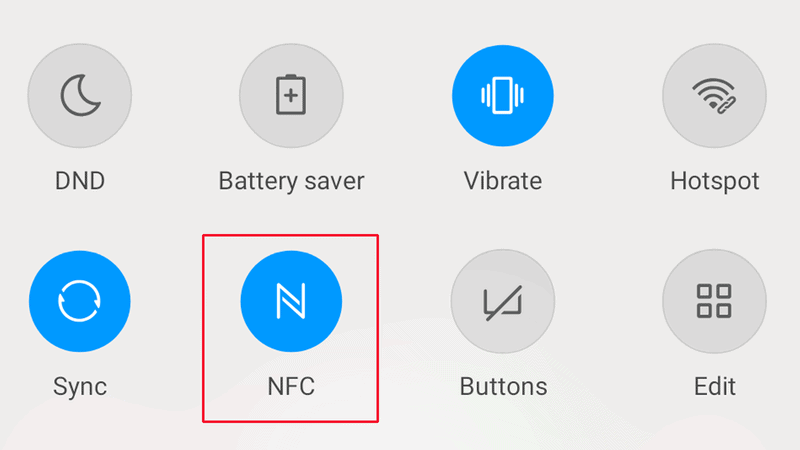Ready to take the next step in your engineering career? Learn how to transition into a senior engineering role with our step-by-step guide, including leadership tips and career growth advice.
If you’re an ambitious engineering professional, chances are you’ve thought about taking that next step — whether it’s becoming a Senior Engineer, Project Manager, or Team Lead. But transitioning into a senior engineering role isn’t just about waiting for the right opportunity to land — it’s about actively preparing, positioning yourself, and taking strategic steps to level up your career.
In this guide, the experts at Advance TRS, a specialist recruitment company in engineering and infrastructure, break down exactly how to do that — with actionable steps that can help you stand out and secure your next big promotion.
1. Reflect on Where You Are — and Where You Want to Go
Before targeting a senior role, take time to assess your current position:
- What skills do you already have?
- Where are the gaps?
- Which type of senior role excites you — leadership, technical expert, or commercial-focused?
Understanding your career direction allows you to make targeted decisions that align with your long-term goals. Whether you’re aiming for a Senior Design Engineer role in water infrastructure or stepping into project leadership in rail, clarity is key.
2. Develop Core Leadership Skills
Senior engineering roles go beyond technical know-how. You’ll often be expected to lead teams, manage budgets, liaise with stakeholders, and make high-level decisions.
Start building your leadership toolkit by:
- Taking on small team leadership or mentoring responsibilities
- Completing leadership or project management courses (e.g., APM, PRINCE2, ILM)
- Developing soft skills like communication, decision-making, and emotional intelligence
At Advance TRS, we regularly work with candidates who have transitioned into senior roles by showing initiative and building these skills before the job title caught up.
3. Identify Growth Opportunities in Your Current Role
Sometimes, your current employer offers the perfect platform for progression — you just need to be proactive.
Speak to your line manager about your career goals and ask what steps you can take to be considered for promotion. Volunteer for new projects, offer to support junior colleagues, and look for ways to add value beyond your job description.
If those growth opportunities aren’t available internally, it might be time to explore new roles — which leads us to the next step.
4. Partner with a Specialist Recruitment Company
One of the most effective ways to move into a senior role is by working with a recruiter who understands your industry and ambitions.
At Advance TRS, we specialise in helping engineering professionals make smart career moves — matching them with senior roles that align with their experience, values, and aspirations.
Our consultants can help you:
- Identify hidden opportunities within your specialism
- Understand what top employers are really looking for
- Optimise your CV and interview approach for senior positions
- Negotiate competitive salaries and career packages
Don’t go it alone — partnering with a recruiter who speaks your language can accelerate your journey and help you avoid career missteps.
What to Expect from an Engineering Recruitment Agency
5. Build a Personal Brand That Reflects Leadership
Your online presence can open doors — or close them. Make sure your LinkedIn profile reflects the leader you’re becoming, not just the job title you have today.
Update your headline and summary to reflect your aspirations and leadership mindset. Highlight any projects you’ve led, cross-functional work, or mentoring experience. Engage with industry content and share insights where appropriate — this demonstrates initiative and positions you as a forward-thinking professional.
Recruiters and hiring managers often search LinkedIn when headhunting senior talent — so make sure you’re discoverable and impressive.
Continuous Learning in Engineering: Crucial for Career Success
6. Stay Committed to Continuous Development
Senior roles require you to stay sharp and informed. Whether it’s learning about emerging technologies, regulatory changes, or advancing your technical specialism, committing to CPD (Continuing Professional Development) is key.
Attend webinars, read engineering publications, enrol in formal qualifications, or join professional bodies like ICE, IMechE, CIWEM or IET. This not only builds your skillset but demonstrates to potential employers that you’re serious about progressing.
The Chartered Institution of Water and Environmental Management – CIWEM
Welcome to British Aviation Group – British Aviation Group
How to Transition into a Senior Engineering Role
Transitioning into a senior engineering role is a strategic process, not a waiting game. By building leadership skills, seeking growth opportunities, developing your personal brand, and partnering with a specialist recruitment company like Advance TRS, you’ll be better prepared — and more visible — when the right opportunity comes along.
Looking for your next senior role in engineering?
Whether you’re in rail, water, construction, or energy, our team can help guide you through the next phase of your career.
👉 Explore current vacancies
📩 Speak to one of our experienced consultants


